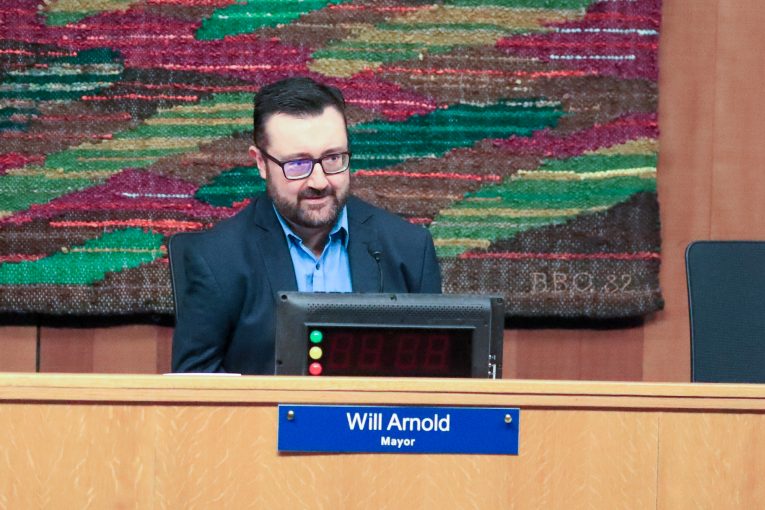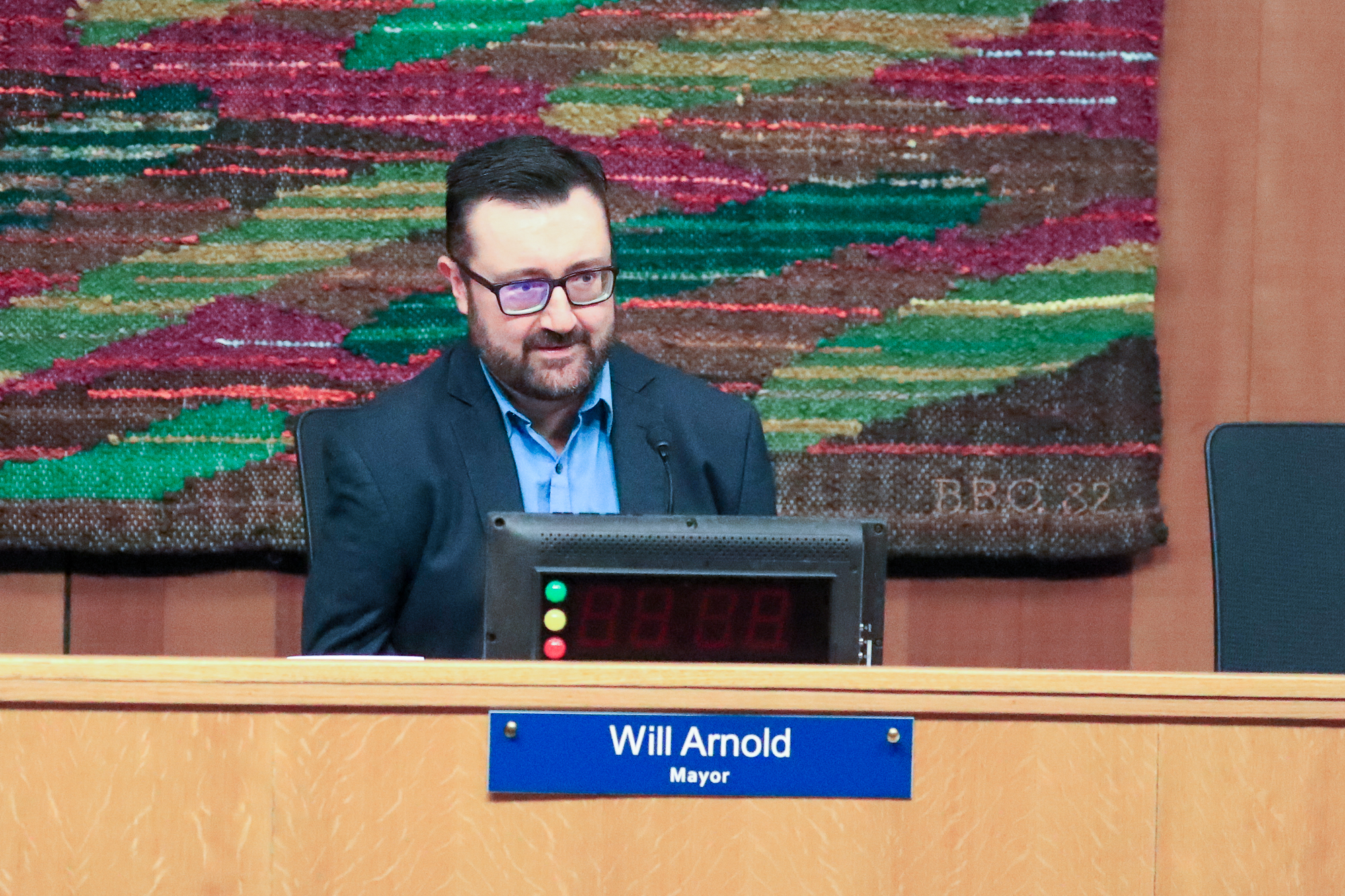
 By David M. Greenwald
By David M. Greenwald
Executive Editor
Davis, CA – On Tuesday, the Davis City Council did what we figured they would do—they set a special election for May. It seemed that an election was the overwhelming sentiment of the community. And while there is a monetary cost to the move, it is not so significant as to alter the calculation.
I’m fine with that outcome. But I didn’t have a strong feeling either way and given that I don’t live in the 3rd District, I largely stayed out of it.
With that said, I am a bit troubled with the notion that an appointment was somehow anti-democratic.
I agree with Bapu Vaitla here, who said on Tuesday, “I’m uncomfortable with the sort of the equating of the appointment process with sort of anti-democratic vocabulary. I think that’s such a pretty dangerous precedent.”
At a time when many have called into question the legitimacy of even duly held elections, it is probably not the best rhetorical argument to make.
There does seem to be a notion that only direct democracy is democratic. And yet for long periods of our nation’s history, we have had representative democracy and at times indirect elections where our duly elected legislature would often vote themselves for offices like the Senate and even the Presidency.
Ultimately, we live in a representative democracy where we elected people who are then empowered and delegated to vote on our behalf. And while it is true we tend to elect the people who more closely represent our views, the only real check against their transgressing here is the next election.
As we well know, once elected, it is rare for an incumbent to lose. Indeed, when an incumbent lost in November of this past year, it was only the fourth incumbent this century on the Davis City Council to lose reelection and the first in a decade.
Some of the folks who pushed for an election were in the slow growth camp and believe that the voters are more likely to elect someone who more closely aligns with them than the city council would.
That may be true—but I think that is an overstated point.
For one thing, the voters in Davis have been pretty consistently not supporting the slow growth candidates. By way of example, since 2016, there have been a number of slow growth candidates on the ballot for city council, and yet not one of them have even come close to being elected.
The voters may have opposed DISC twice in 2020 and 2022, but the candidates opposing DISC did not win either year. In 2020 in the 3rd District for example, Lucas Frerichs topped Larry Guenther who had opposed DISC that year, by a near two to one margin.
The one council appointment we have had in recent years was in 2011 when Don Saylor resigned to join the Board of Supervisors. After a lengthy process, the council appointed Dan Wolk to replace Don Saylor.
You can criticize their appointment of Wolk over, it turned out, Paul Boylan who was the other finalist. But the reality is that had Dan Wolk run for a special election, he most likely would have won. Indeed, the next year when he did run in an at-large election, he won every single precinct in a race where both the other incumbents lost and Lucas Frerichs and Brett Lee were elected.
In short, that year, it probably did not matter whether there was an appointment or an election, Dan Wolk likely was going to be the replacement for Don Saylor.
But in fact, in some ways, an appointment opens the process up to people who might not otherwise run or win. After all, there is a barrier to getting on the council via election. One must be able to raise money and create an organization to run. That precludes some candidates for various reasons.
In fact, while some people would criticize the 2011 council for appointing someone you might consider an “insider” since his mother was a former Mayor, Supervisor and, at the time, the sitting Senator, the reality is that the best chance to not get an insider would be for an appointment rather than an election.
The bottom line then is that the public believes and perceives that an election is more fair than an appointment. I certainly understand the sentiment. After all, we believe and cherish the notion that the voters make the ultimate decision.
With district elections, it made a lot more sense this time and into the future that the voters of the district elect their own representative rather than the city at large doing so. But I think the idealistic and romantic notion of elections have blinded us to the ultimate resource and power inequality inherent in the system regardless of the ultimate structure.
We want to believe that an election will produce a different result or a different category of officeholder despite what appears to be all evidence to the contrary.
On a side note, I went into Tuesday supporting the notion that the council should appoint an interim officeholder until the special election could be held. But after listening to the reasoning of Gloria Partida, and thinking about the timeline, it just didn’t seem practical.
Even in a rushed process, by the time the council could get a process, applicants and a vote together, and the person is seated, they might have as few as four to six meetings on the council. Not enough time to get acclimated and trained.
While I don’t think the council really considered what would happen if there were a downtown issue that Josh Chapman had to recuse himself on—and then there would be only three councilmembers, the 3rd District that represents the downtown would be vacant, and that doesn’t seem an insurmountable hurdle to address if and when the situation arises.
A major decision effecting the 3rd probably should wait until after the May 2 election, otherwise, the business of the city can and should go on.

